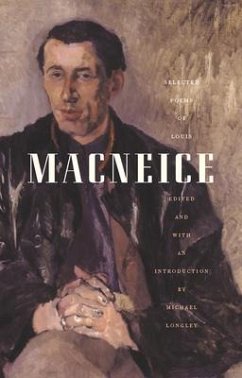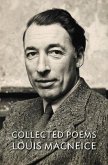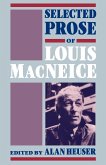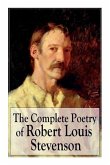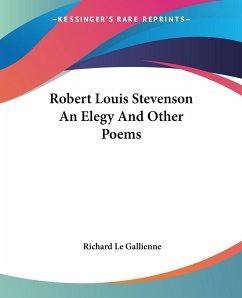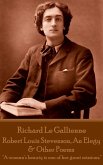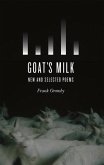Long thought to be merely part of the Auden generation, and often viewed as an English poet, Louis MacNeice became important to the postwar generation of Irish poets, especially those from Northern Ireland like Seamus Heaney, Derek Mahon, Michael Longley and Paul Muldoon, because of his lyrically nuanced considerations of international as well as national issues. Born and raised in Northern Ireland, and educated in England where he resided for much of his adult life, MacNeice answered a need in these poets for a perspective that made the local have larger political significance. He also offered an angry critique of Ireland and Irish history that was tempered by familial love and affection. Michael Longley's selection of poems highlights why the critique and the perspective that MacNeice provided were important to his generation as well as to those that have followed. It also shows us that Louis MacNeice's mixed allegiance between Ireland and England, his urbanity, his postmodern pluralism, and his belief that the personal is political, make him a poet for our day.

